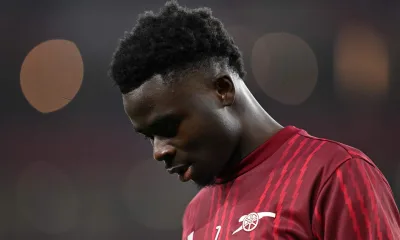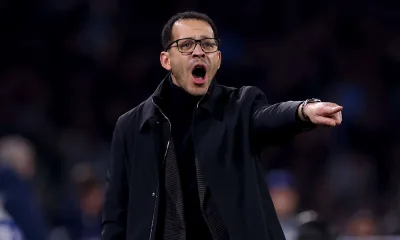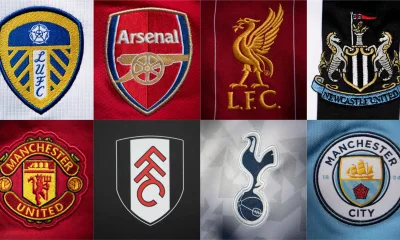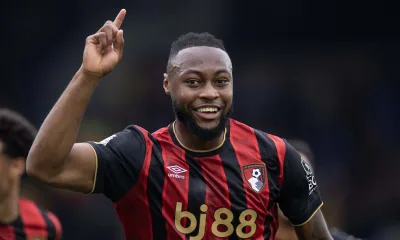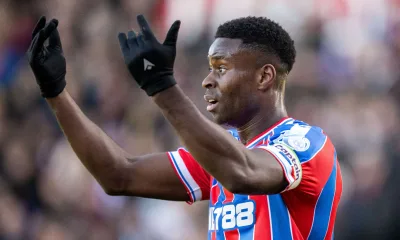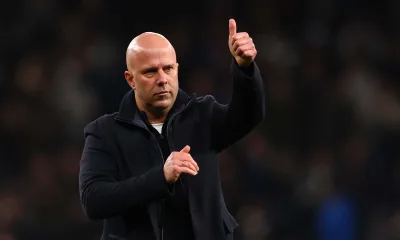Chelsea
Delap banned for Spurs trip after ‘stupid’ Carabao Cup sending-off
Delap’s red card in the Carabao Cup rules him out at Spurs as Maresca laments Chelsea’s discipline.ok
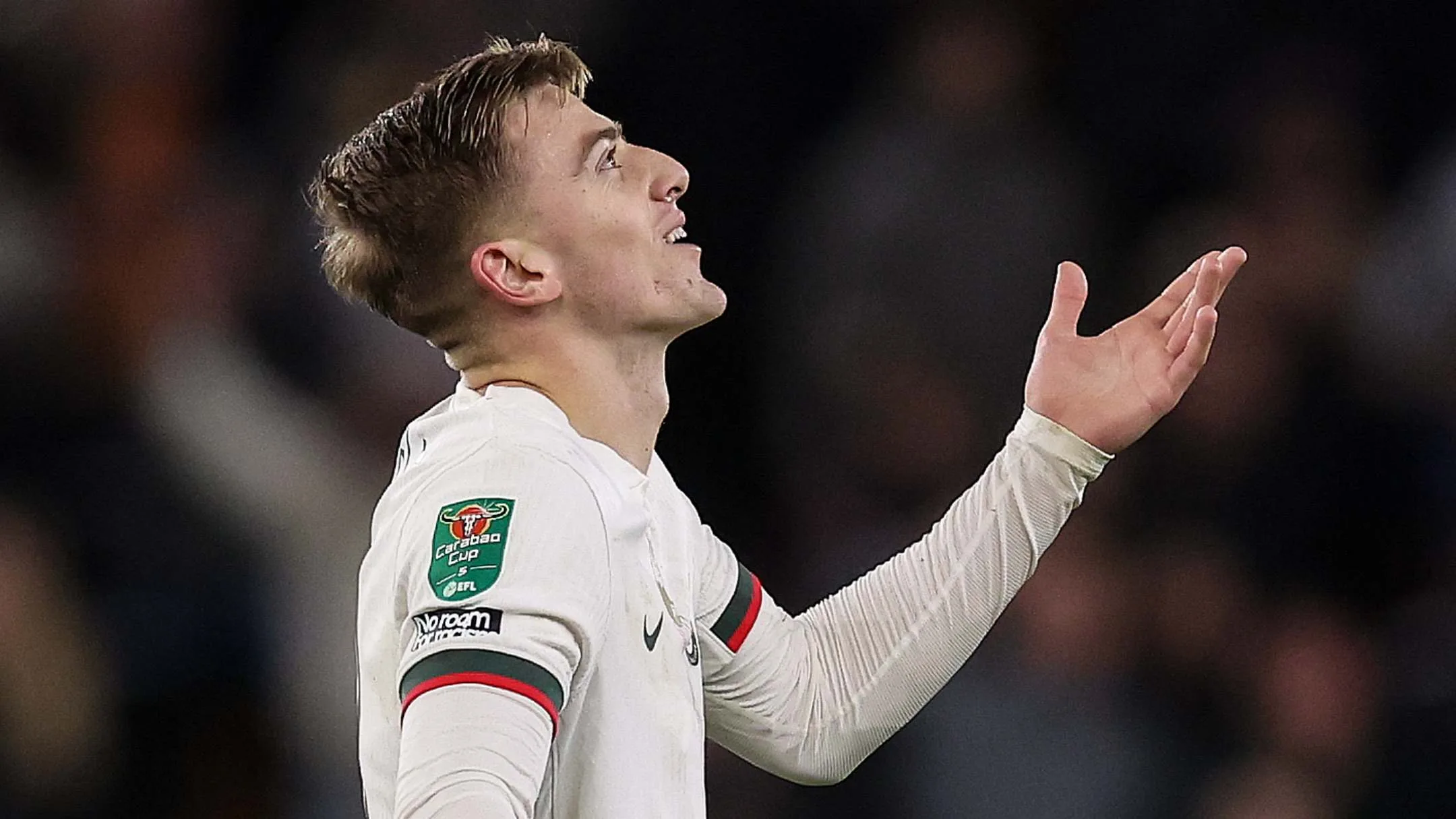
Liam Delap will miss Chelsea’s match against Tottenham Hotspur after a red card in the Carabao Cup. The dismissal, which followed challenges on Yerson Mosquera and Emmanuel Agbadou, came in a tie that finished 4–3 at Molineux on Wednesday. The incident means the striker is unavailable for the north London game because red-card suspensions apply across English domestic competitions.
Chelsea manager Enzo Maresca was unambiguous in his assessment. “We had a very stupid red card that was completely unnecessary and was absolutely deserved,” he said, referring to the foul that led to two yellow cards and then a sending-off. “We can avoid red cards like these and we have to avoid them. When it’s a red card like today, it’s embarrassing. There were two yellow cards in seven minutes, both avoidable.”
Delap returned to the dressing room remorseful. “Straight after the game in the changing room, yeah. He apologised to everyone,” Maresca said. “I spoke with Liam, but Liam, he knows everything. He is aware of the situation. He knows that he made a mistake. And full stop. No more than that.”
The incident is part of a broader disciplinary pattern this season. Chelsea have recorded five sendings-off in 2025–26, not including Maresca’s own dismissal against Liverpool. The club’s list of dismissals this term includes:
– Sept. 20 / Man Utd — Robert Sánchez — Denial of goalscoring opportunity
– Sept. 27 / Brighton — Trevoh Chalobah — Denial of goalscoring opportunity
– Sept. 30 / Benfica — João Pedro — Two yellow cards
– Oct. 4 / Liverpool — Enzo Maresca — Two yellow cards
– Oct. 18 / Nottingham Forest — Malo Gusto — Two yellow cards
– Oct. 29 / Wolves — Liam Delap — Two yellow cards
Maresca acknowledged the need for improvement, saying the issue is “something that we have to do better.” With Delap sidelined for the Tottenham fixture, Chelsea must adjust their forward options for a high-profile encounter in the Premier League.
Chelsea
Chelsea to recall Mamadou Sarr and loan Aarón Anselmino to Strasbourg
Chelsea will recall Mamadou Sarr from Strasbourg and send Aarón Anselmino there on loan. BlueCo move.
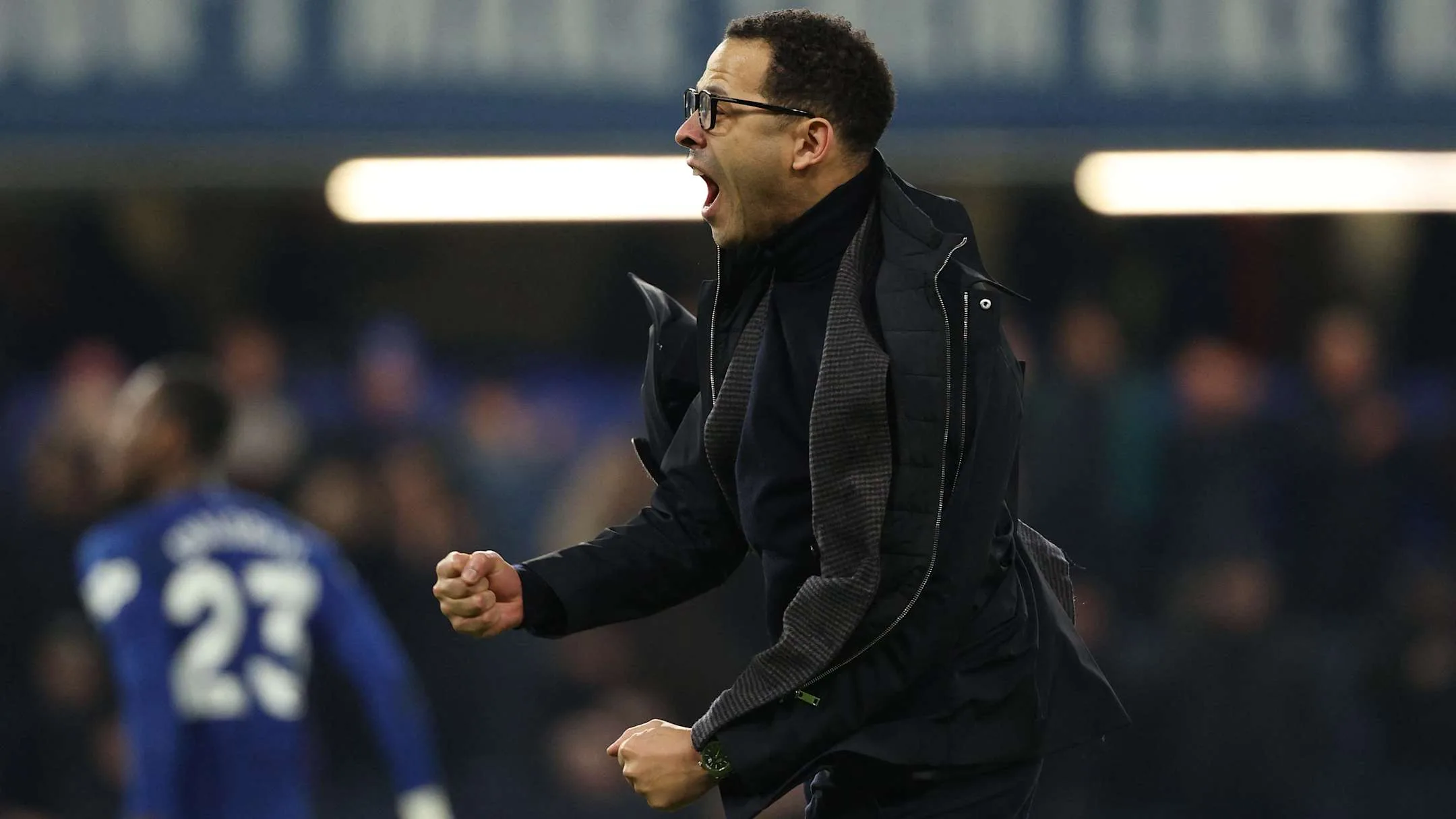
Chelsea will recall centre back Mamadou Sarr from his loan at Strasbourg, with the club preparing to send Aarón Anselmino to the French side on a six-month loan as part of the arrangement. Sarr is expected in London on Monday to finalise his return to Stamford Bridge.
Sarr joined Chelsea from Strasbourg in the summer in a deal worth £12 million and travelled with the Blues to the Club World Cup before returning to Strasbourg on a season-long loan to continue his development under Liam Rosenior. This season he has been used across Strasbourg’s defence, including in the central centre back role where Chelsea have struggled since Levi Colwill’s injury.
Enzo Maresca wanted a new signing to replace the injured academy graduate, but club officials initially sought to protect clear pathways for both Sarr and Anselmino. A U-turn earlier this month saw Chelsea acknowledge the need for a new central defender, though talks over Jacquet have proven complicated. Instead, the club looked internally for a solution.
Anselmino was recalled from Borussia Dortmund earlier this month in what was understood to be a move designed as a catalyst for Sarr’s eventual return. Sarr, 20, offers a lower-risk option for Chelsea; Rosenior has managed him for 44 matches over 18 months and is confident his skillset will translate to the Premier League.
BlueCo have attempted to ease tensions with Strasbourg by sending Anselmino, also 20, to France as the exchange. The Argentine began the season with the stronger reputation of the two players, but Sarr’s performances under Rosenior have raised his value.
While Sarr’s return represents a clear boost for Chelsea’s defensive options, it is unlikely to improve relations between Strasbourg supporters and BlueCo. Fans have protested at what they see as feeder club treatment, a stance compounded by the midseason loss of Rosenior. Losing the club captain, a player who fit Strasbourg well, is expected to be unpopular among a fanbase that already feels isolated and disregarded, though the move was described in the report as somewhat inevitable.
Chelsea
Late Enzo strike seals Chelsea’s 3-2 comeback against West Ham
Chelsea recovered from a poor first half to win 3-2, João Pedro, Cucurella and Enzo key. Late drama.
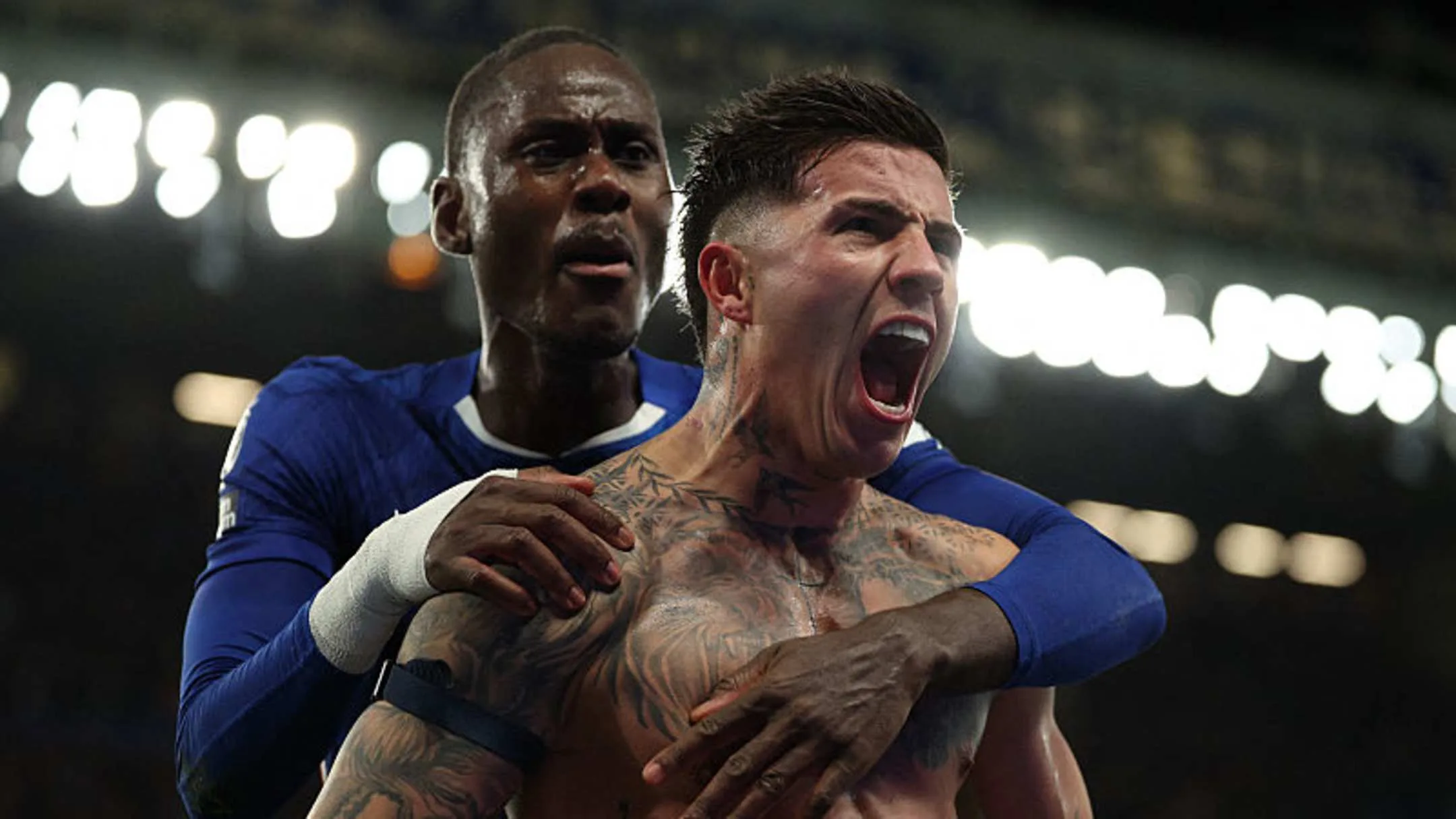
Chelsea overturned a poor first half to claim a vital 3-2 home win over West Ham United. A nervy opening left Stamford Bridge frustrated, but timely changes and second-half intensity produced a dramatic turnaround.
The match turned on substitutions. João Pedro, Marc Cucurella and Enzo Fernández each had decisive roles after the interval. João Pedro, introduced at half-time, “completely took over the game in the second half”, sparking the comeback with a goal and later providing the assist for Fernández’s stoppage-time winner. The report rates João Pedro 8.3 for his two goal contributions.
Enzo Fernández marked his 150th Chelsea appearance by crashing the box to score the decisive goal. The Argentine was described as dictating the game from deep and was rewarded at the death. He is given an 8.3 rating for his influence and the match-winning finish.
Marc Cucurella, brought on for Jorrel Hato at half-time, was credited with stopping further danger from Jarrod Bowen and scored the equaliser with instinctive movement. His performance earns an 8.1.
Chelsea’s issues were clear in the first half. Robert Sánchez produced a costly error from a Jarrod Bowen cross and was judged unable to deal with the opener; his rating is 6.0. Defensively the team was unsettled early, with Benoît Badiashile substituted at the break and the back line described as chaotic until the changes. Wesley Fofana (7.4) helped steady that defence and his cross led to Chelsea’s first goal.
Other incidents included Jamie Gittens leaving injured before the half-hour mark, replaced by Pedro Neto (6.7). Reece James had limited time after coming on late. The statistics underline Chelsea’s control: 70% possession, 14 total shots with six on target, and an expected goals (xG) of 2.55 to West Ham’s 1.12.
The result moves Rosenior’s side into the Champions League places for the night, a reward for a recovery that matched the hostility of the early boos with celebration at the final whistle.
Chelsea
Spurs One of Eight Clubs Considering Sterling After Chelsea Departure
Tottenham among eight clubs considering Raheem Sterling after Chelsea exit; Napoli, Juventus linked.
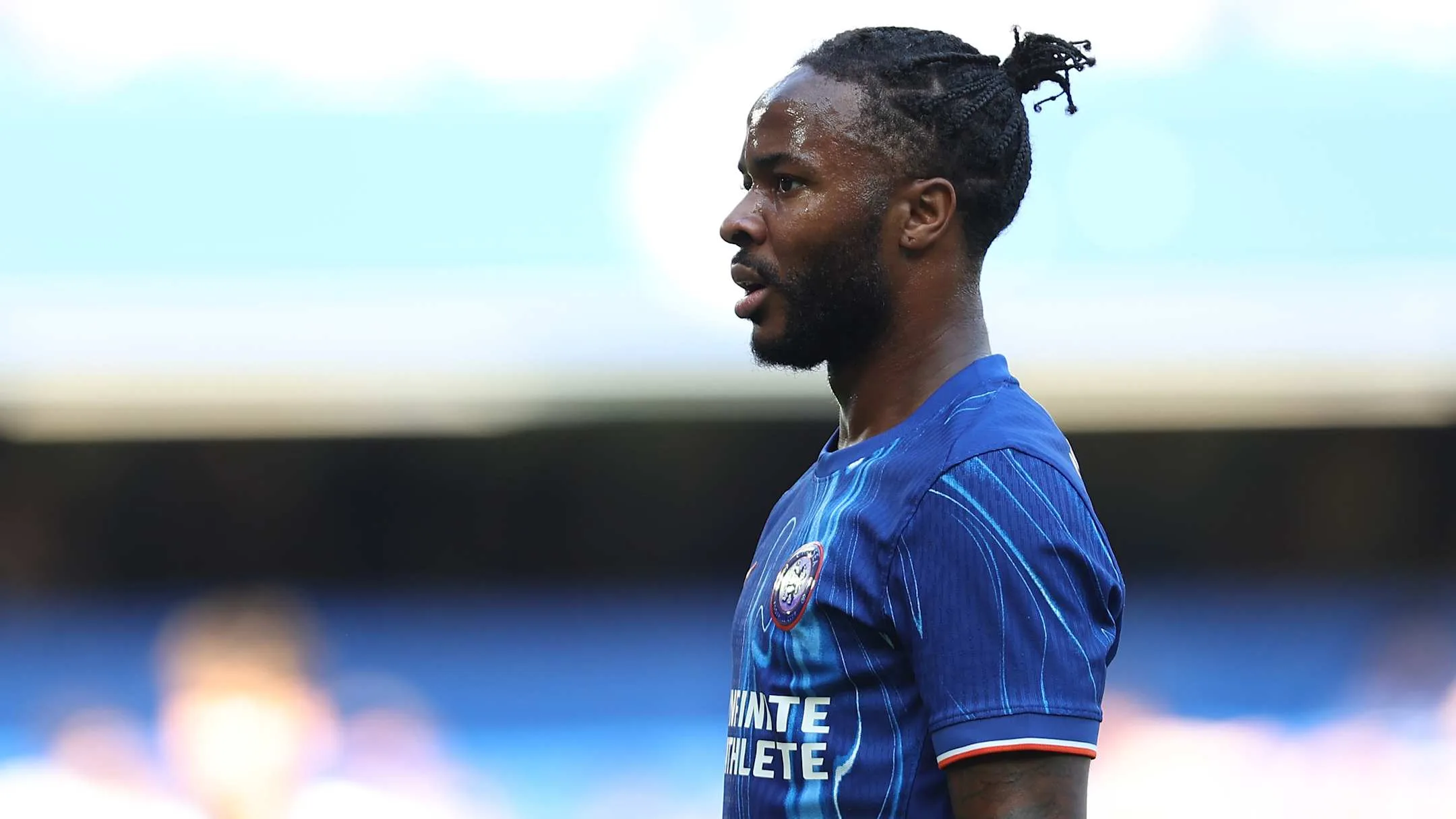
Tottenham Hotspur have been named among eight teams weighing up a move for Raheem Sterling after his exit from Chelsea, according to reports. The same sources say a further seven clubs are evaluating a switch for the 31-year-old winger, with Napoli and Juventus explicitly mentioned among the suitors.
Chelsea’s wage bill was a primary obstacle to a conventional transfer. Sterling was earning around £325,000 ($446,000) per week at Stamford Bridge and has not featured in competitive action since returning from an underwhelming loan with Arsenal last season. Those factors prompted concern over the financial viability of any transfer.
Having now accepted a pay-off from Chelsea, the terms of which have not been disclosed, Sterling is reportedly in a position to lower his demands. It is believed he is prepared to do exactly that and would not even seek a six-figure salary from his next employer, accepting a cut of more than two thirds to secure playing opportunities.
Such a reduction will make Sterling affordable to a wider range of clubs. Though it has been some time since he was at the peak of his powers, the player remains a seasoned professional. At 31, and four appearances shy of 400 in the Premier League, he still carries the experience and capability to contribute at a high level.
Any club interested will weigh Sterling’s recent lack of competitive minutes and his previous salary against his experience and potential upside. The reported willingness to accept a substantially lower wage changes the dynamics of the market for him and explains why multiple teams, including Tottenham, Napoli and Juventus, are now said to be considering a move.


